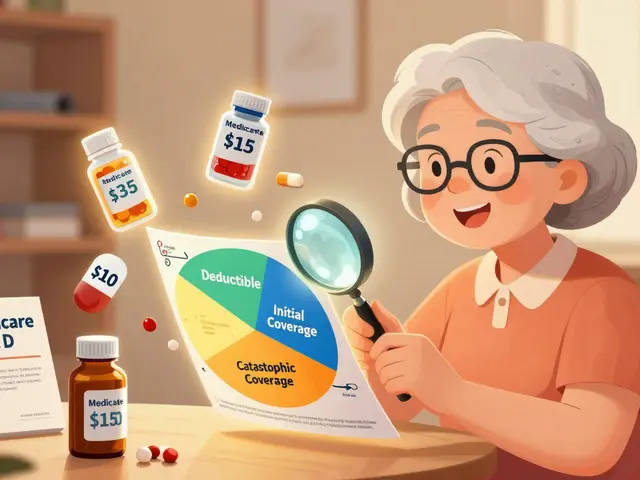
Hepatitis C: What You Need to Know
If you’ve heard the term “Hepatitis C” and aren’t sure what it means, you’re not alone. It’s a virus that mainly attacks the liver, but most people don’t feel sick right away. That silent nature is why many discover they have it during routine blood work.
How Hepatitis C Spreads and Who’s at Risk
The virus spreads through blood-to-blood contact. Sharing needles for drugs, getting tattoos or piercings with unsterile equipment, and even some medical procedures in places without strict safety rules can pass it on. You don’t catch it from casual contact – no hugs, kisses or sharing food.
People who got transfusions before 1992, when blood screening became standard, are also at higher risk. If you’ve ever used injection drugs or know someone who does, the chances of exposure go up sharply.
Current Treatments That Can Cure the Virus
The good news? Modern medicine can cure Hepatitis C in most cases. Direct‑acting antivirals (DAAs) are pills taken for 8 to 12 weeks and they target the virus directly, wiping it out without the nasty side effects of older therapies.
Doctors usually prescribe a combination of two or three DAAs based on the specific virus strain (genotype) you have. Blood tests before, during, and after treatment confirm whether the virus is gone – that’s called a “sustained virologic response” and it means you’re cured.
Side effects are mild for most people: occasional fatigue, headache or nausea. If you have liver cirrhosis or other health issues, your doctor may adjust the regimen, but cure rates stay above 90%.
Getting treated early is key. Even if you feel fine now, untreated Hepatitis C can lead to serious liver damage, cancer, or the need for a transplant later on.
So, what’s next after reading this? Get tested. A simple blood test can tell you if the virus is present. Many clinics offer rapid results and low‑cost options. If you’re positive, ask your doctor about DAA therapy – most insurers now cover it.
While treatment clears the virus, protecting your liver afterward matters too. Limit alcohol, eat a balanced diet, stay active, and keep up with regular check‑ups.
Need reliable sources? Check out the World Health Organization, the CDC, or local health department sites. They provide up‑to‑date guidelines and can point you to nearby testing centers.
Bottom line: Hepatitis C is treatable, often curable, and early action saves your liver and peace of mind. Don’t wait for symptoms – get checked today.
-
8 Nov






